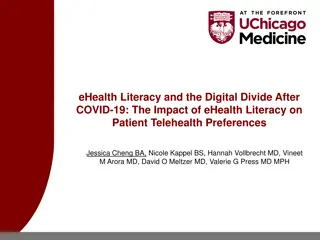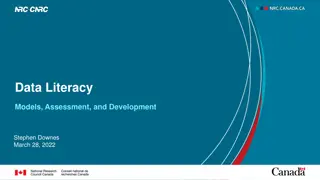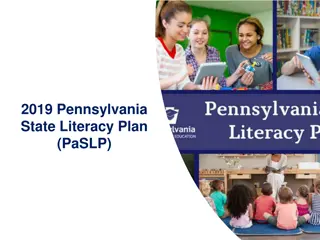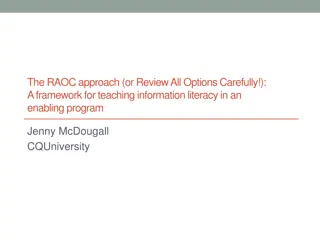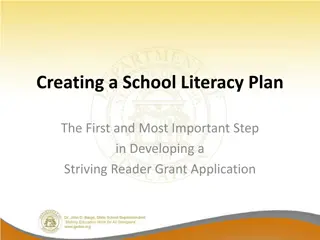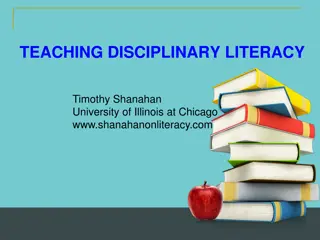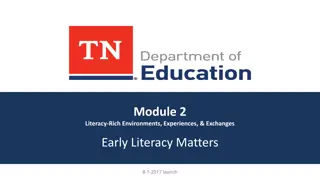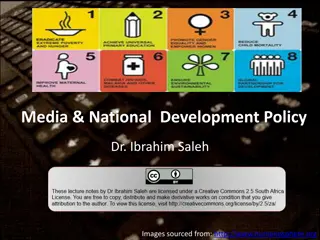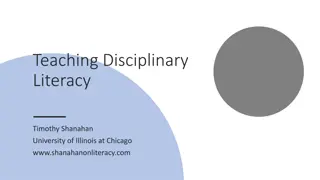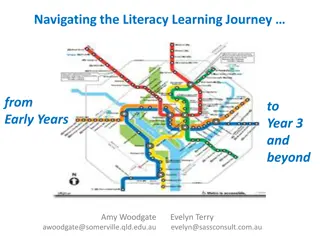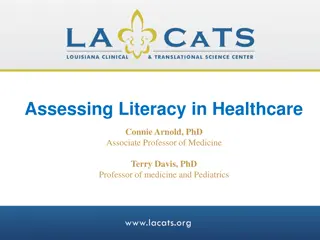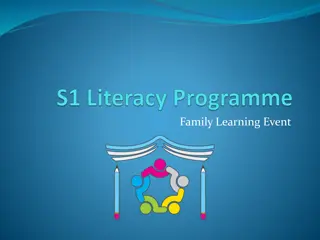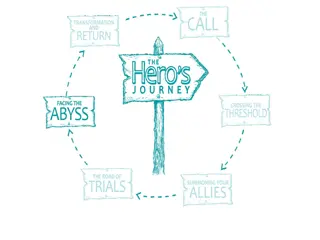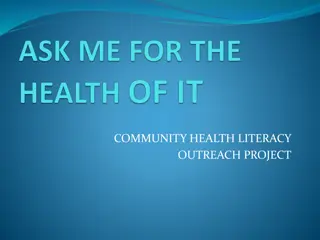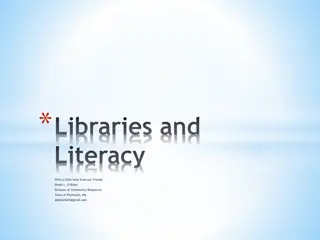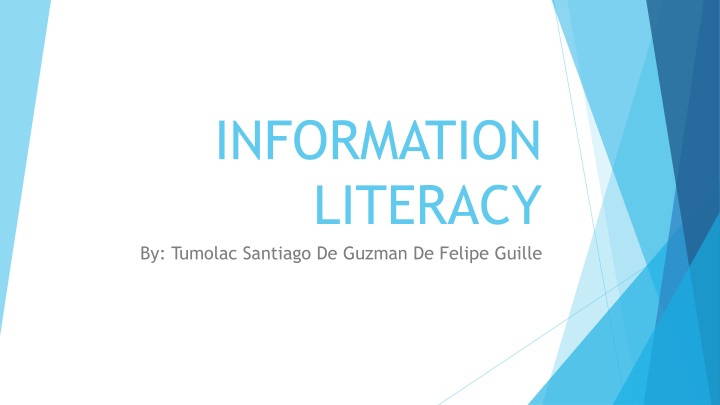
Responding to a Weather-Related Disaster
Explore the importance of information literacy in dealing with unexpected disasters like heavy rainfall and flooding. Learn how to access, evaluate, organize, and communicate vital information to stay safe and informed.
Download Presentation

Please find below an Image/Link to download the presentation.
The content on the website is provided AS IS for your information and personal use only. It may not be sold, licensed, or shared on other websites without obtaining consent from the author. If you encounter any issues during the download, it is possible that the publisher has removed the file from their server.
You are allowed to download the files provided on this website for personal or commercial use, subject to the condition that they are used lawfully. All files are the property of their respective owners.
The content on the website is provided AS IS for your information and personal use only. It may not be sold, licensed, or shared on other websites without obtaining consent from the author.
E N D
Presentation Transcript
INFORMATION LITERACY By: Tumolac Santiago De Guzman De Felipe Guille
DISASTER SCENARIO According to the weather forecast, there is no typhoon. However, your locality is experiencing heavy rainfall, while some parts in your province/region are already flooded. There are reported incidents of landslide, evacuation, stranded vehicles and drowning. As a student, what are you going to go?
The exact and accurate information about the weather forecast and why our locality is experiencing such phenomena. Information needs What information do you need? I can get information through television, radio and reliable weather sites such as PAG-ASA website. Sources of information Where will you get them? I can access information through searching and getting the information by listening to the news casted in the television and in the radio. Access to the information How will you access them? Evaluate information How will you check the quality of information? By comparing the information from different sites and reading the feedbacks or comments. Therefore the sources should be and official site. Organize information How will you organize and store them? By reminding, writing, recording and announcing the information Communicate information How will you create and communicate them? By disseminating the information through verbal and face-to-face interaction or communication.



